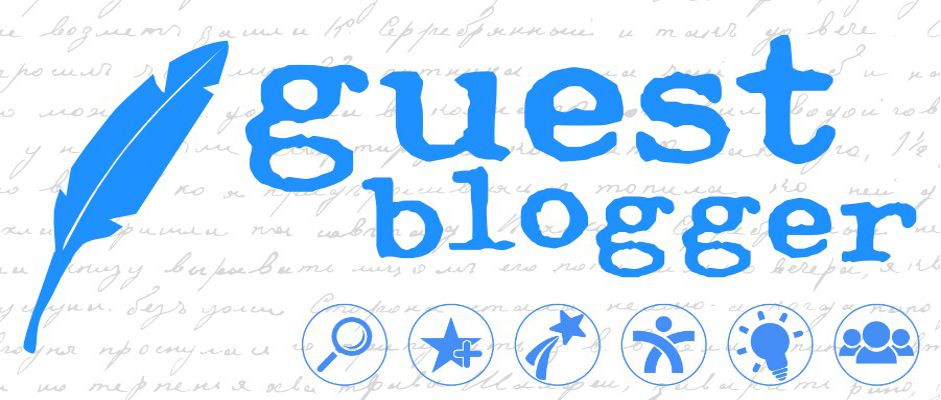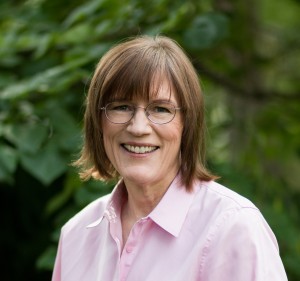
The Conference “Career Goldmine”
Virtually every major turning point of my career has hinged on some conference I made myself attend.

By Barbara Oakley, PhD, PE; Fellow, Institute of Electrical & Electronics Engineers
Reflecting back, I’m surprised to realize how many of my major career achievements have arisen out of conferences I’ve attended.
In my very first semester as a college professor, for example, I attended an engineering education conference, where I happened to pass by a workshop on “student centered learning.” That’s a silly idea! I remember thinking. After all, weren’t college professors supposed share their own hard-earned knowledge, instead of exposing the embarrassingly sparse knowledge of the students they were there to teach?
But the workshop was about to begin, and for whatever reason, I drifted in. Over the next few hours, workshop leaders Richard Felder and Rebecca Brent shifted the entire trajectory of my teaching. Over the years, I’ve won my university’s top teaching award and a number of national teaching awards—and I can safely say it all grows from the ideas I learned in that one conference workshop.
“A good conference is like an immersion experience—it improves your knowledge-base of the “language” no matter what level you’re at.”
Conferences do more than just give you the chance to hear and participate in great presentations and workshops—they also give you rare opportunities to meet and ask questions of up-and-coming or influential researchers and speakers. A good conference is like an immersion experience—it improves your knowledge-base of the “language” no matter what level you’re at. I’ve been able to keep at the forefront of my multi-disciplinary work because I’m able to attend and speak at conferences in a wide variety of fields. Many chance encounters for me at conferences have led to new friendships and collaborations, and opened many opportunities to work with and visit researchers from around the world.
Six years ago, for example, I was invited to speak for the National Academy of Sciences at their Sackler Auditorium Colloquium. I prepared intensely for it—it was a controversial topic, and I didn’t want to screw up. (I’m occasionally surprised at how a presenter will treat a conference presentation as if it were a last-minute class presentation; winging things together at the last moment. Great career opportunities are lost this way. But that’s the subject of another essay…)
As it turns out, the moderator for my talk was leading neuroscientist Terrence Sejnowski. He liked what I had to say, leading to a friendship that led in turn to our becoming co-instructors in what has become the world’s largest massive open online course, Learning How to Learn.
There have been many such fortuitous meetings at conferences for me over the years. In fact, several weeks ago, I was invited to speak at a popular conference that featured inspirational talks about the future. I couldn’t help feeling a bit out of sorts because it wasn’t the usual type of conference I attend. And I only had twenty minutes for the presentation—could I really present something that the audience could sink their teeth into? (My assigned topic, incidentally, was “the future of education”—a potential quagmire of obvious platitudes.)
Twenty minutes or no, popular conference or no, I put a lot of thought and preparation into my presentation, trying to make it witty, insightful, and thought-provoking, with lots of new ideas and discussion of a practical, high impact project currently in progress. To my surprise, a manager of one of the world’s leading philanthropic institutions came up afterwards and said, “let’s talk.”
Coming up soon is the magnificently planned SUNY Conference on Instruction and Technology, May 22-25, 2018. I’ll be there, along with a host of great researchers and presenters. Why not plan to attend? Who knows the new directions that could come for you!
SUNY CIT is pleased to host Dr. Oakley for CIT 2018. Learn more about Dr. Oakley and her CIT workshop here.
community, conference, event, networking, professional development, SUNY